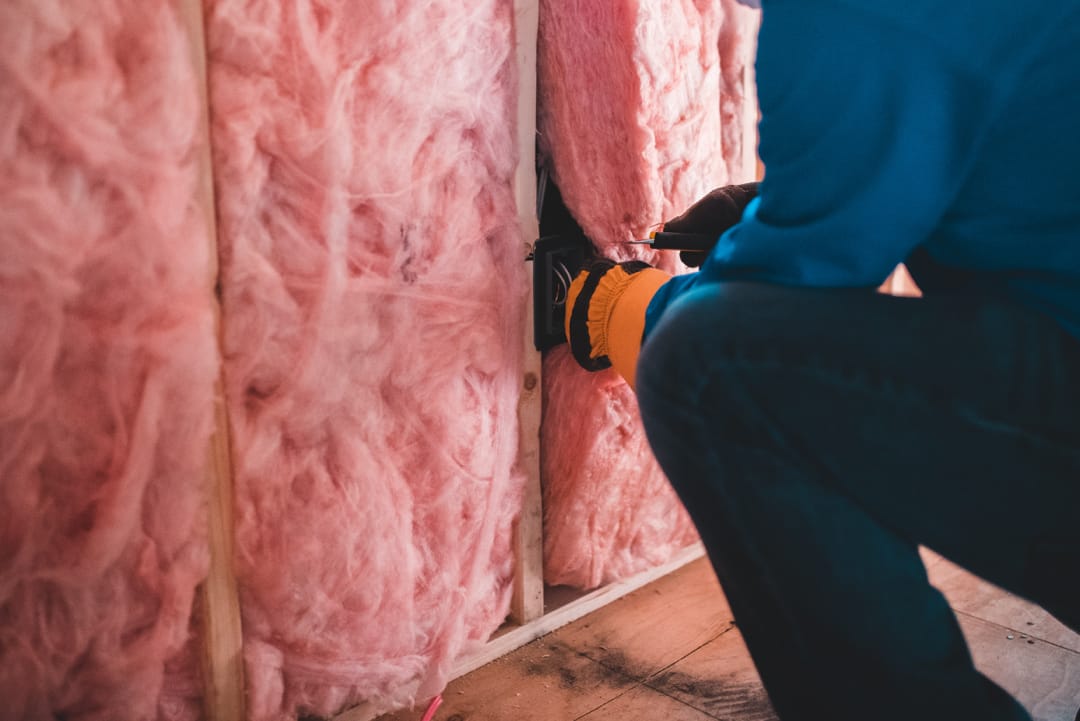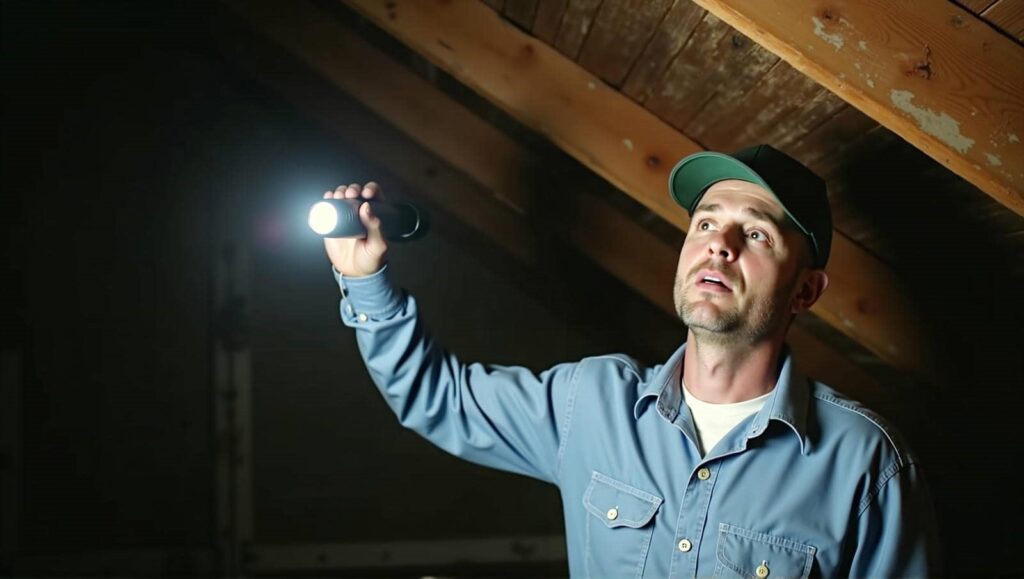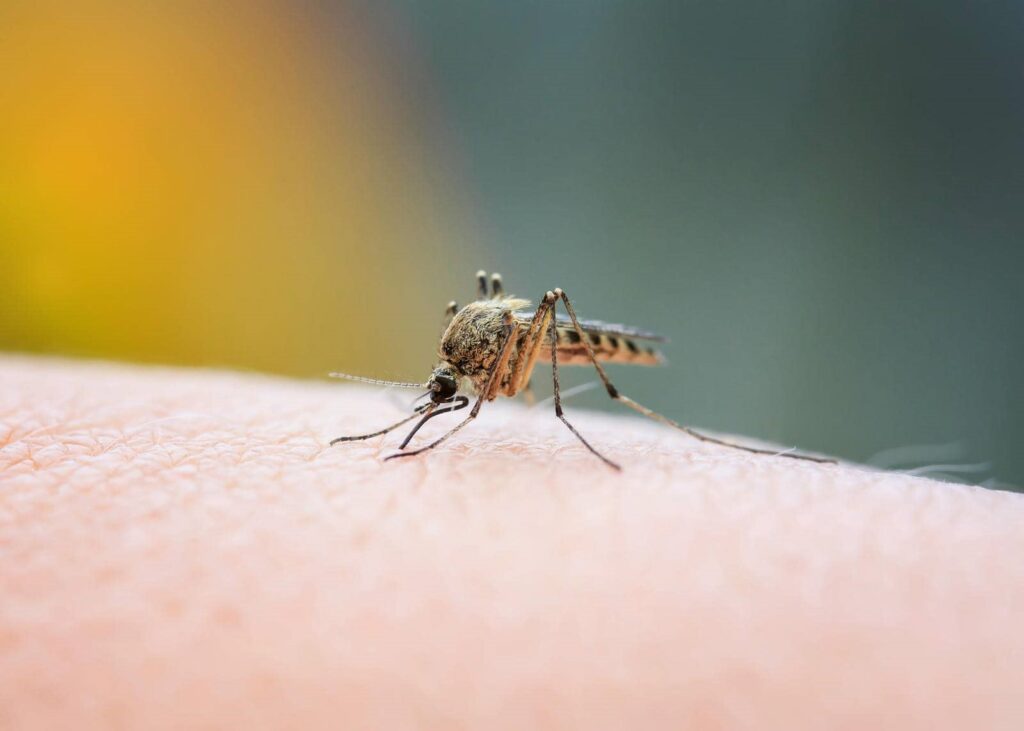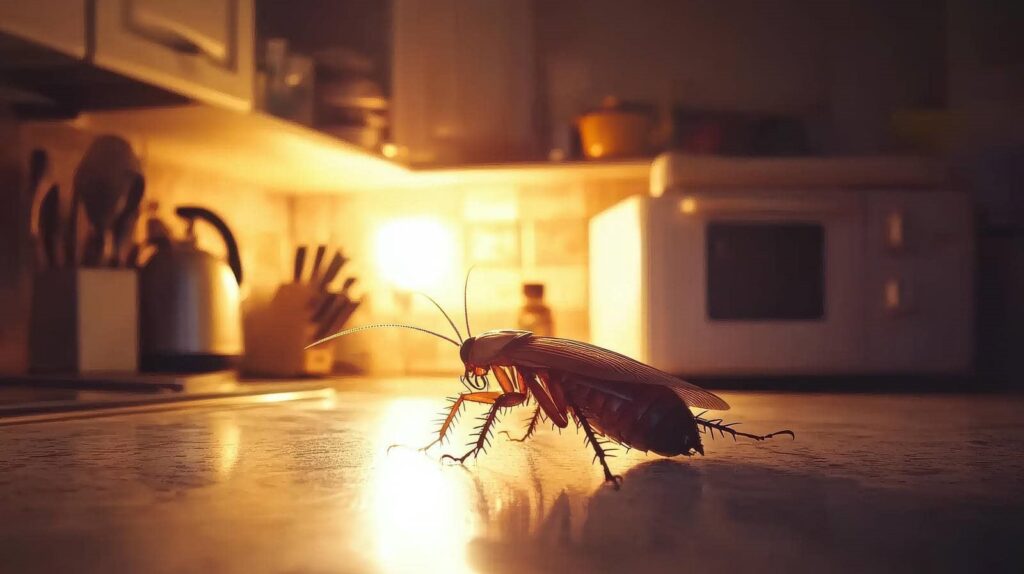Contents
If you’re having problems with the insulation in your house, you’re gonna know about it. Not only does poor insulation affect your comfort level, but it can also impact your health and wallet. As a contractor, I see a lot of homes with insulation issues and I’m here to tell you, it’s not just a problem of poor energy efficiency. It can also affect your air quality.
Now, mold and air quality expert Michael Rubino, author of The Mold Medic and founder of HomeCleanse, warns that when you don’t have proper insulation, added moisture in your home can lead to mold growth. That’s right, certain species of mold can grow in as quickly as 24-48 hours if provided with a source of moisture.
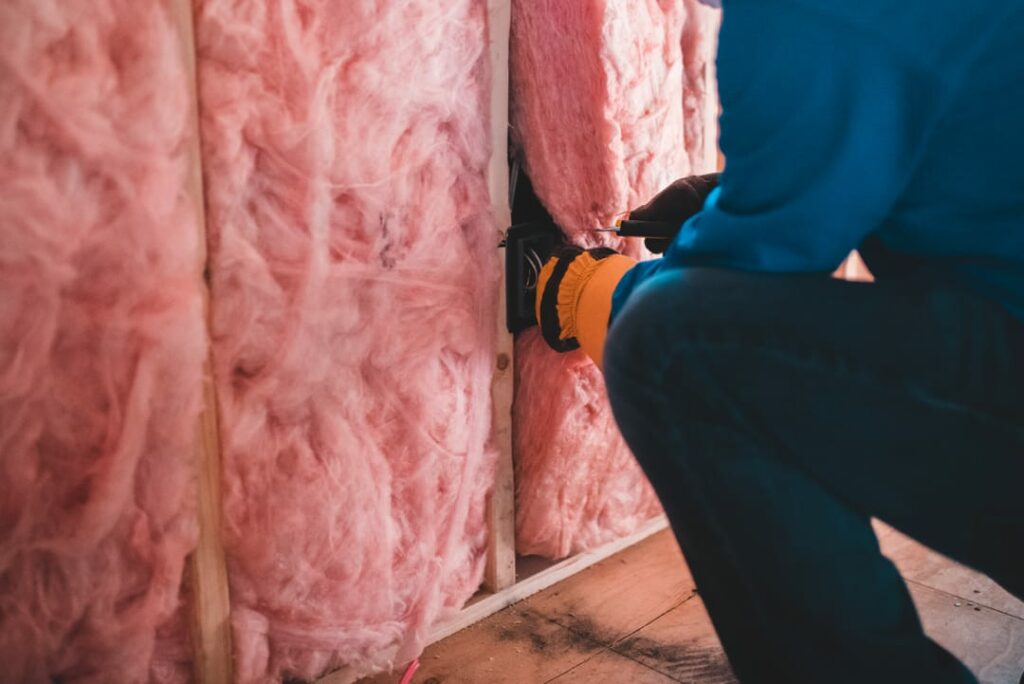
But moisture isn’t the only sign of poor insulation. Below, we’ll discuss a variety of possible indicators. If you’re experiencing multiple of these signs, it’s time to call in a pro like myself.
Condensation is a big one. When there’s too little or no insulation, it can create condensation problems in the walls. Insulation helps separate the wide ranges of hot and cold temperatures, and when it’s cold outside but the heat’s on inside, it can cause condensation.
Another sign of poor insulation is condensation around HVAC components, particularly around the register boxes or boot connections. If the box gets hot or cold when the unit is in use, and the air around the box has a different temperature, condensation can form. And let me tell you, mold loves to grow in condensation.
Believe it or not, you can also have too much insulation in your attic. If insulation blocks the vents in the eaves, there won’t be enough air coming into the attic to push hot, humid air out. This can lead to microbial growth. This is a particular concern with spray foam insulation. It does such a great job of sealing that any water or moisture that gets into the wall will be trapped between the two layers. This can lead to mold, wood rot, bacteria, and all sorts of things that can impact indoor air quality over time.
So, if you’re noticing any of these signs, give your local insulation expert or home contractor a call. They will help you solve your insulation problems and keep your home safe and comfortable.

